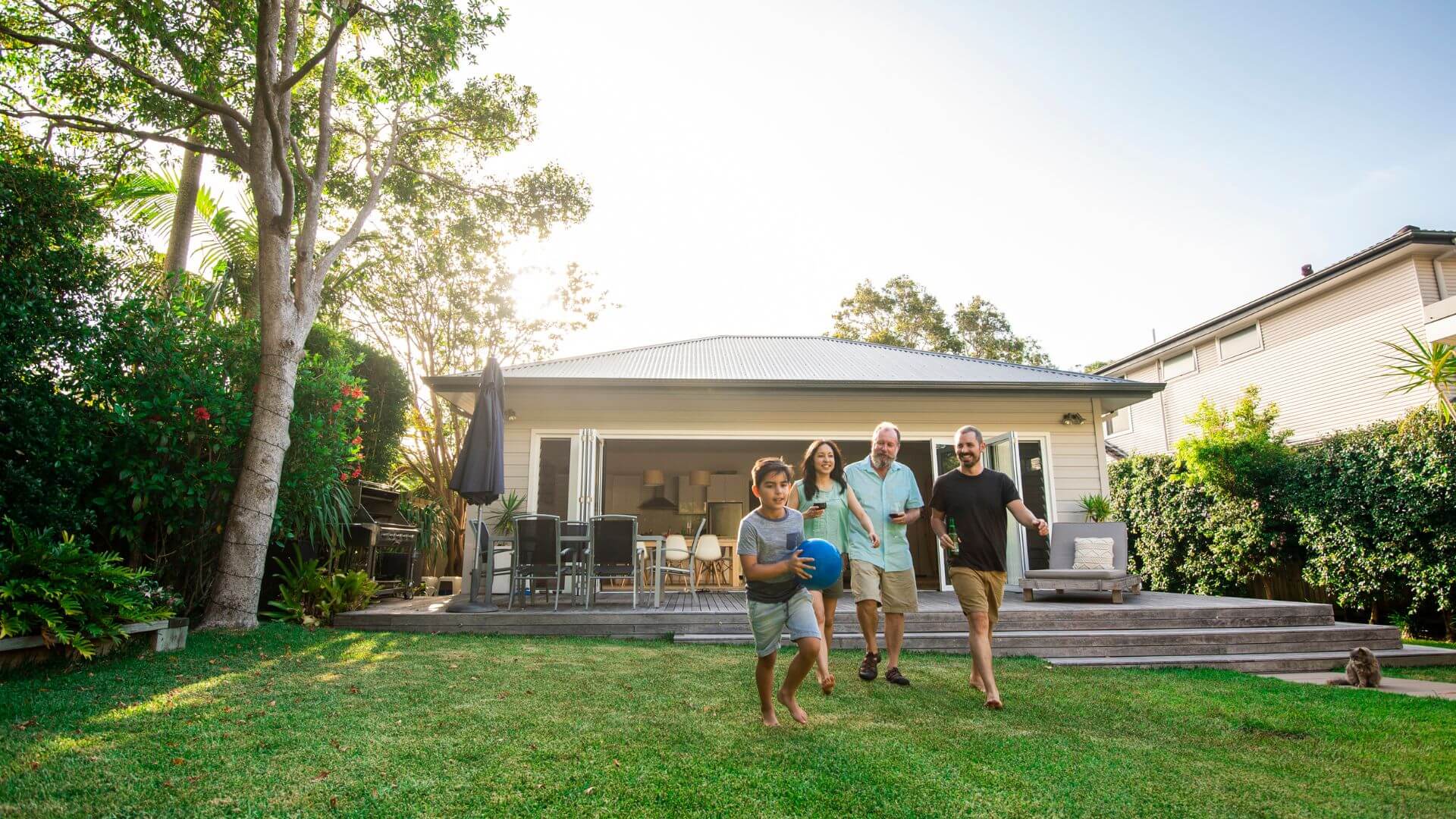Residential tenancy laws are constantly changing, and it’s important you understand the latest rent reforms. By staying up to date with what’s changed to make sure you meet your obligations. There have been several recent changes to tenancy legislation across Australia. Keep reading below for a summary of the key reforms.
Making it easier to rent with pets
A number of states, including Queensland (in late 2022), Western Australia, South Australia and New South Wales, have either passed or introduced laws that make it easier for tenants to rent with pets. Much like Victoria’s laws introduced in early 2020, landlords can only refuse a tenant’s request to keep a pet at a property by having the issue heard before the State’s relevant administrative tribunal. In Western Australia, South Australia and New South Wales, the reforms have been proposed and have not yet come into effect.
Stopping rent bidding
The practice of rent bidding is when an agent solicits offers for higher than the advertised rent amount. New South Wales, the ACT, Western Australia, and South Australia have passed laws banning this practice.
Limiting rent increases
From July 2023, Queensland introduced laws that limit rental increases to once every 12 months rather than once every six months. Western Australia and New South Wales have proposed similar reforms, though they haven’t come into effect at the time of writing.
Putting an end to no-grounds evictions
In October 2022, Queensland introduced laws that ended no-grounds evictions. Similarly, the ACT introduced this legislation in April 2023. The South Australian Government is proposing that landlords will need to provide a prescribed reason to end a periodic tenancy or not renew a fixed-term agreement. New South Wales is also proposing similar reforms.
Allowing minor modifications
In the ACT, reforms that came into effect from April 2023 allow tenants to grow their own food and compost. The Western Australian, South Australian, and Queensland Governments have each proposed reforms to make it easier for tenants to make minor modifications to properties, such as the installation of child safety gates, childproof latches, showerheads, and accessibility modifications. The specific modifications allowed and reasons that a landlord can refuse the changes will differ by state.
Lower rental bonds
The New South Wales, Western Australian, and Queensland Governments have each proposed changes to improve the process of collecting and releasing bonds. And in South Australia, the threshold to claim a maximum of the equivalent of six weeks rent for the rental bond has been increased from $250 to $800.
Electricity and energy efficiency standards
In Victoria, the ACT, and Queensland, minimum electrical and energy efficiency standards have been introduced. The standards differ between the states. In Victoria, for example, modern-style switchboards are required. In the ACT, a new energy efficiency standard was introduced for ceiling insulation in rental homes.
Increasing notice periods
In South Australia, the Government has proposed to increase the minimum notice to end a tenancy from 28 days to 60 days to give tenants more time to make arrangements to move when a tenancy agreement ends.
There’s a lot to keep up with regarding residential tenancy legislation. If you’re unsure about your obligations, speak with your property manager to better understand the residential tenancy laws in your state or territory.
Remember, this article is general in nature and is not financial or legal advice. Please consult your professional financial and legal advisors before making any decisions for yourself.

